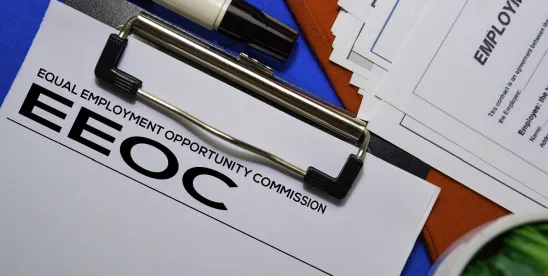On August 8, 2025, a Sixth Circuit panel in Bivens v. Zep, Inc. held that an employer can only be found liable under Title VII for harassment by a third party if the employer intended for the harassment to occur. This represents a significant departure from the approach taken by the Equal Employment Opportunity Commission (EEOC) and the majority of federal appellate courts, which apply a negligence standard.
Background
The plaintiff, an outside sales representative for Zep, Inc., alleged that she was sexually harassed by a customer of Zep, a motel. According to plaintiff, when she stepped into the motel manager’s office, he locked the door behind her and propositioned her. After she reported the incident, Zep reassigned the account to another sales representative but later included plaintiff in a company-wide reduction in force. Plaintiff sued, alleging hostile work environment, retaliation, and discrimination under Title VII and Michigan law. The district court granted summary judgment in favor of Zep as to all of plaintiff’s claims.
The Sixth Circuit’s Ruling
A three-judge panel affirmed the district court’s grant of summary judgment, concluding that with respect to plaintiff’s hostile work environment claim, the customer’s conduct could not be imputed to Zep because he was not an agent of the company under traditional agency law principles. Unlike coworkers or supervisors, who act as agents of the employer, customers fall outside the employer’s chain of control.
Accordingly, the Sixth Circuit panel held that Zep could only be held liable if it acted with intent—either by desiring that the harassment occur or being substantially certain that harassment would result from its actions. Because no evidence showed that Zep intended for plaintiff to be harassed, her hostile work environment claim failed.
A Departure from the EEOC and Other Circuits
The panel expressly acknowledged its decision diverged from longstanding EEOC guidance and current law in most circuits. Under the EEOC’s Title VII regulations (29 C.F.R. § 1604.11(e)), an employer may be liable for harassment by non-employees if it “knows or should have known” of the conduct and fails to take prompt corrective action—a negligence-based standard. Most circuits, including the First, Second, Eighth, Ninth, Tenth, and Eleventh, have followed that approach.
The Sixth Circuit panel rejected this framework, relying on the Supreme Court’s decision in Loper Bright and emphasizing that the EEOC lacks authority to issue substantive interpretations of Title VII and stating candidly that it did not “lose any sleep” over standing nearly alone in adopting an intent-based standard.





 />i
/>i

